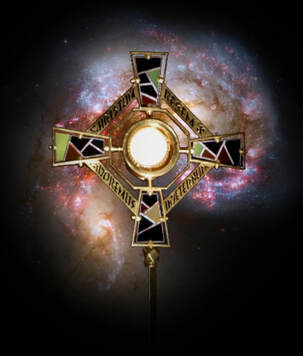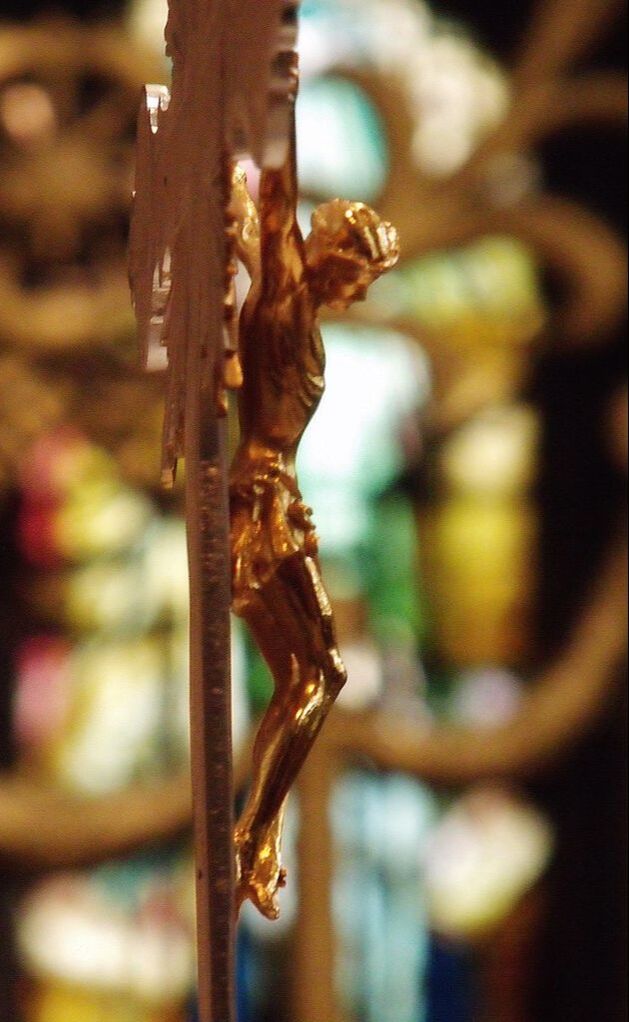|
1. Spiritual Exercises
2. Nineteenth Annotation 3. Standard Criteria 4. Covenant Considerations |
Spiritual Exercises
|
originated with St. Ignatius of Loyola, founder of the Jesuits, in the 16th century as a result of his conversion and discernment experience. While still a layman, he crafted the spiritual exercises and mentored others through them. Ignatius' spiritual exercises and discernment of spirits strengthens the retreatant's spiritual muscles via personal pilgrimage through the Father's Creation, humanity's Fall, Jesus Christ's Incarnation through the Pascal Mystery, and finally the Spirit's Pentecost. The spiritual exercises may be right for those who wish to: discern approaching life decisions, find refreshment on the journey, deepen Divine intimacy, or receive inner healing. It's personalized immersion in the Lord. |
Nineteenth Annotation
|
refers to the nineteenth "note" given by Ignatius to directors of the spiritual exercises. Knowing that laity and religious alike had great potential for holiness, Ignatius adapted the thirty day exercises for daily life with the nineteenth annotation. This means a director takes the retreatant though the exercises over an extended period of time, roughly eight months. Spiritual exercises consist of “weeks,” which are not seven days but "movements" occurring within the soul of the retreatant as he or she journeys with the Lord in prayer during everyday life. The following chart shows the progression of the spiritual exercises in relation the governing graces of each "week." |
Standard Criteria
|
for the nineteenth annotation are:
|
Covenant Considerations
|
|










